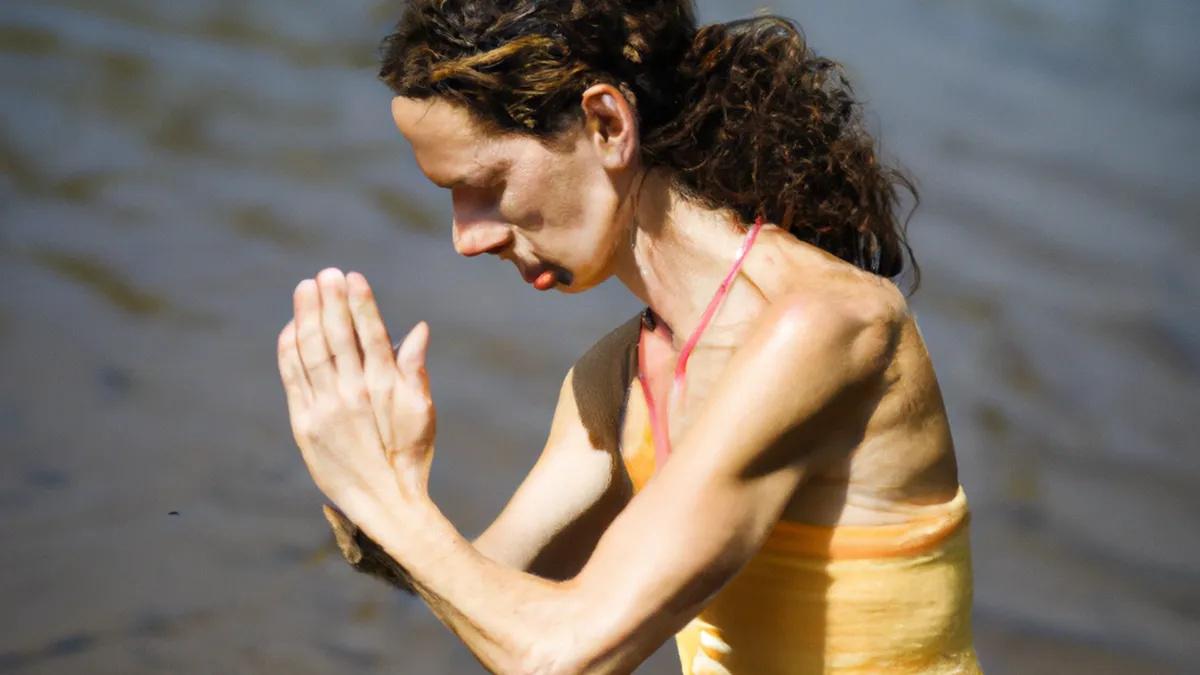Open Yourself to New Yoga Experiences
Preparing for a Yoga Retreat: Physical and Mental ReadinessYoga retreats allow you to deepen your practice and reconnect with yourself. To fully benefit from a retreat, prepare both physically and mentally. This preparation helps you maximize your experience and return home inspired. Here’s how to prepare effectively for your yoga retreat.
As an Amazon Associate I earn from qualifying purchases.
Gear tip: consider yoga blocks, hot cold pack, and trigger point cane to support this topic.
Assess Your Physical Readiness
Understand Your Current Capabilities
Evaluate your physical fitness before your retreat. Identify specific poses or sequences you struggle with. Recognizing your strengths and weaknesses helps you set realistic expectations.
Start a Consistent Practice
If you lack a regular yoga routine, begin practicing now. Aim for three sessions per week and gradually increase duration and intensity. This approach builds stamina, flexibility, and comfort in various poses.Incorporate different yoga styles into your practice. If you usually practice Hatha, try Vinyasa or Ashtanga for new challenges. This diversity prepares you for various classes during the retreat.
Incorporate Strength Training
Add strength training to your routine to enhance your yoga performance. Focus on core, legs, and arms with exercises like planks, squats, and lunges. Building strength improves stability and balance in challenging poses.
Listen to Your Body
Pay attention to your body’s responses during practice. Yoga focuses on self-discovery, not competition. Adjust your practice if you feel discomfort or pain. Avoid pushing too hard to prevent injuries and ensure a safe experience.
Prepare Mentally for the Retreat
Mental preparedness is just as important as physical readiness. Yoga retreats may evoke strong emotions and insights. A clear mind enhances your overall experience.
Set Clear Intentions
Reflect on your goals before the retreat. Do you want to deepen your practice, find inner peace, or connect with others? Write down your intentions as a guide during the retreat. A clear purpose helps you navigate challenges.
Practice Mindfulness
Incorporate mindfulness practices into your daily routine leading up to the retreat. Consider meditation, breathwork, or sitting silently to observe your thoughts. Mindfulness cultivates presence and awareness, enhancing your engagement in the retreat experience.
Conclusion
Prepare physically and mentally to maximize your yoga retreat experience. Use these strategies to ensure a fulfilling and inspiring journey.
Below are related products based on this post:
FAQ
How can I assess my physical readiness for a yoga retreat?
To assess your physical readiness, evaluate your current fitness level and identify poses or sequences you find challenging. Recognizing your strengths and weaknesses allows you to set realistic expectations for your practice during the retreat.
What should I do if I don’t have a regular yoga practice?
If you lack a regular yoga routine, start practicing now by aiming for three sessions per week. Gradually increase the duration and intensity of your practice to build stamina, flexibility, and comfort in various poses.
How can I prepare mentally for a yoga retreat?
Mental preparation involves setting clear intentions for your retreat experience, such as deepening your practice or finding inner peace. Additionally, incorporating mindfulness practices like meditation or breathwork into your daily routine can enhance your engagement during the retreat.















Post Comment